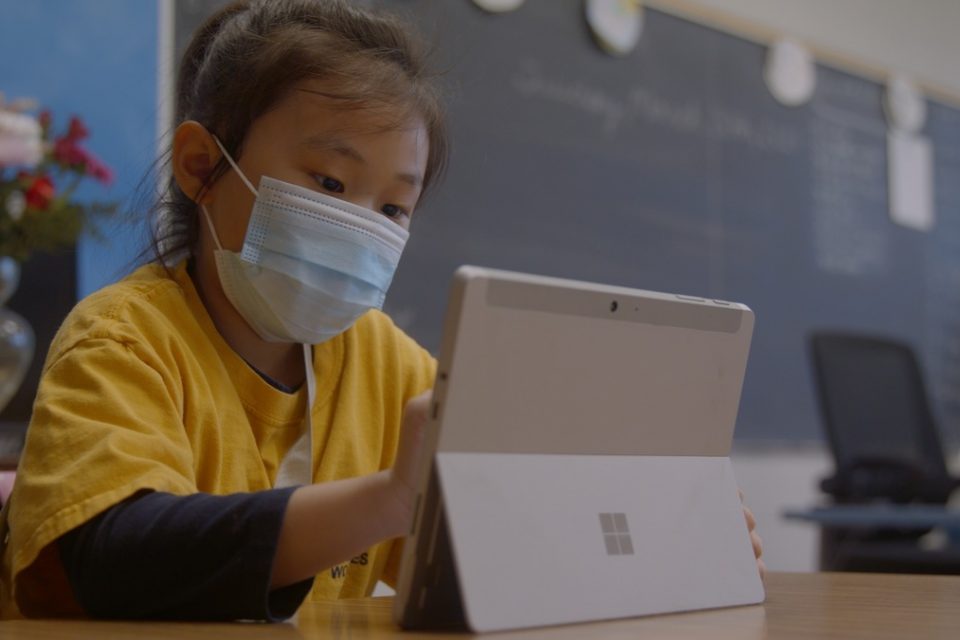By Dr. Elka Walsh, National Learning and Skills Lead, Microsoft Canada
The last year has had a profound impact on Canada’s education system, marked by frequent school closures to protect children and a seismic shift away from in-person to remote learning. Teachers and parents helped their young learners adapt under these changing circumstances and found innovative ways to engage their students and kids in learning. For many of us, our kitchen tables became classrooms.
As we all adapted to a new way of learning, it helped deepen understanding of the types of skills, tools and experiences students (and their families) need to reach their greatest potential regardless of where or how they learn. At its core, education today is about creating incredible learning experiences that allow students to put their skills into practice. By empowering students with the tools that encourage abstract thinking, application, and reflection, they can define and grow their abilities to pursue their own unique learning journey. And it is with experiential learning – the opportunity to apply learning with authentic experiences – that students are most empowered in their learning. It’s a learning process that I am most passionate about.
Creating experiential learning opportunities in remote or hybrid classrooms is challenging without the right technology. Over the last year, digital solutions have helped bridged these gaps in education while helping us see what the future of learning will be. Microsoft in Education has supported teachers with creating digital or hybrid environments that accelerate experiential learning, are inclusive, safe and develop social emotional skills like communication and collaboration as well as deeper learning. Our suite of education tools including Microsoft 365 and Windows 10 have helped educational institutions overcome challenges arising from the pandemic to continue to deliver quality, universal learning opportunities to every student across Canada.
An example of an educational institution that adopted and was empowered by technology to support experiential learning is Aurora Montessori School. Focused on hands-on learning and building connection with students, teachers and families, Aurora Montessori was made big changes to its curriculum to continue delivering quality education to its students. The school shifted to a hybrid model, using Microsoft 365 as the foundation for its online classroom. With Microsoft Teams and Surface devices, Aurora Montessori kept students connected to their peers and teachers, deliver learning materials and create new experiences that reinforced the Montessori ideals.
“If Maria Montessori were alive today, I think she’d have technology on her shelves as a tool for learning, among the other Montessori learning materials,” says Kelly Parker, Vice Principal of Academics and Curriculum. “We consider our use of Surface and Microsoft 365 as furthering her pedagogy and the ideal that everyone and everything is connected.”
To learn more about how Aurora Montessori leveraged Microsoft 365 and Windows 10 devices to evolve their learning models and meet the rapidly changing needs of its students, watch this video or read the case study here.




